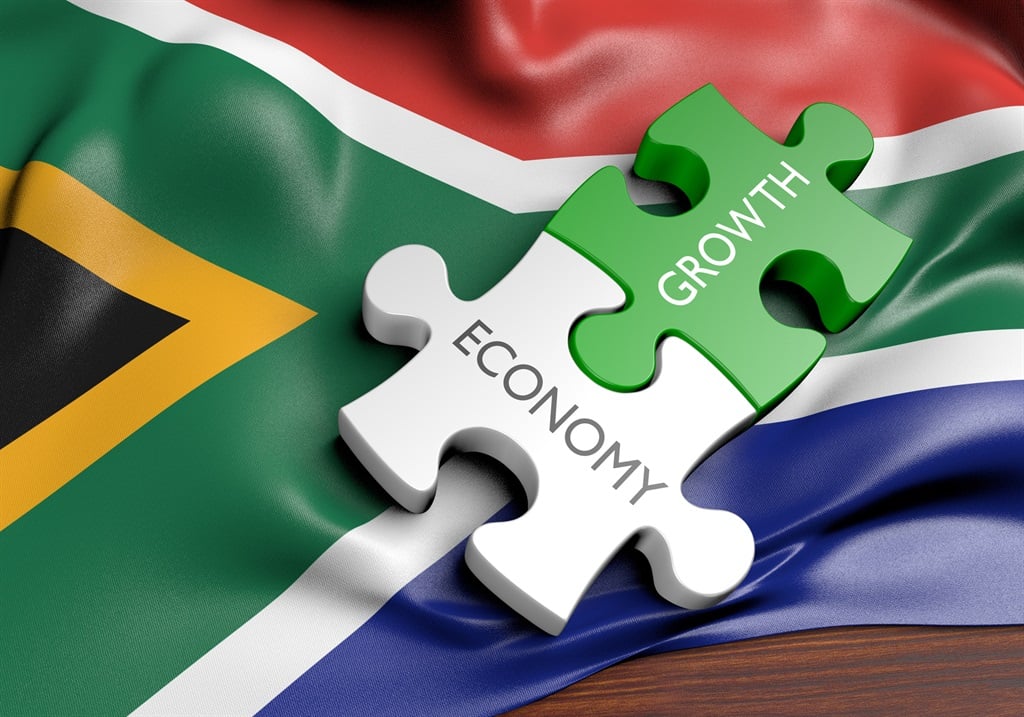South Africa's real gross domestic product (GDP) contracted 0.1% in the first quarter of 2024, worse than economists had expected.
Economists polled by Reuters had forecast growth of 0.1 percent.
South Africa narrowly avoided a recession with its economy growing by 0.3% in the fourth quarter of 2023 after contracting in the third quarter.
However, Statistics South Africa confirmed on Tuesday that the economy had slipped back into negative territory earlier this year.
2024 got off to a dismal start, with weak domestic consumer demand and mining production falling 2.3 percentage points, with platinum group metals, coal, gold and manganese ore performing the worst.
Construction reported a fourth consecutive quarter of declines, with the industry contracting by a further 3.1 percentage points in the first quarter.
Manufacturing declined by 1.7 percentage points. “The automotive sector was the largest negative factor due to weaker demand for new vehicles, transport parts and accessories,” Statistics South Africa said.
Meanwhile, agriculture grew by 13.5%, benefiting from fruit production, with other positive factors including corn and animal products.
The trade, food, beverage and accommodation, personal services, finance, real estate and business services sectors also recorded positive growth but “only just managed to hold on”, Statistics South Africa said.
Government and household spending, investment, exports and imports all fell in the first quarter.
Exports fell by 2.3 percentage points, having a major impact on the GDP figure.
In addition to sluggish demand for South African export vehicles, another crisis at the country's ports earlier this year hit exporters hard.
Tens of thousands of containers were left abandoned outside the port of Durban, South Africa's largest port, due to congestion.
Ageing infrastructure problems, equipment breakdowns and labour shortages have caused lengthy delays that have had a devastating effect on some local exporters.
READ | Central banks turn more dovish but worry about inflation expectations
“Growth was weak in the first quarter but is likely to recover in the second quarter due to the absence of power outages and a potential boost from election-related spending,” the FNB's economics team said in a report.
South Africa last experienced rolling blackouts at the end of March and has not had a single day of rolling blackouts so far in the second quarter.
The central bank last week kept its growth forecast for this year unchanged at 1.2 percent.
Last month, Statistics South Africa confirmed that the official unemployment rate rose to 32.9% in the first quarter of 2024, the worst level since the start of 2023.



